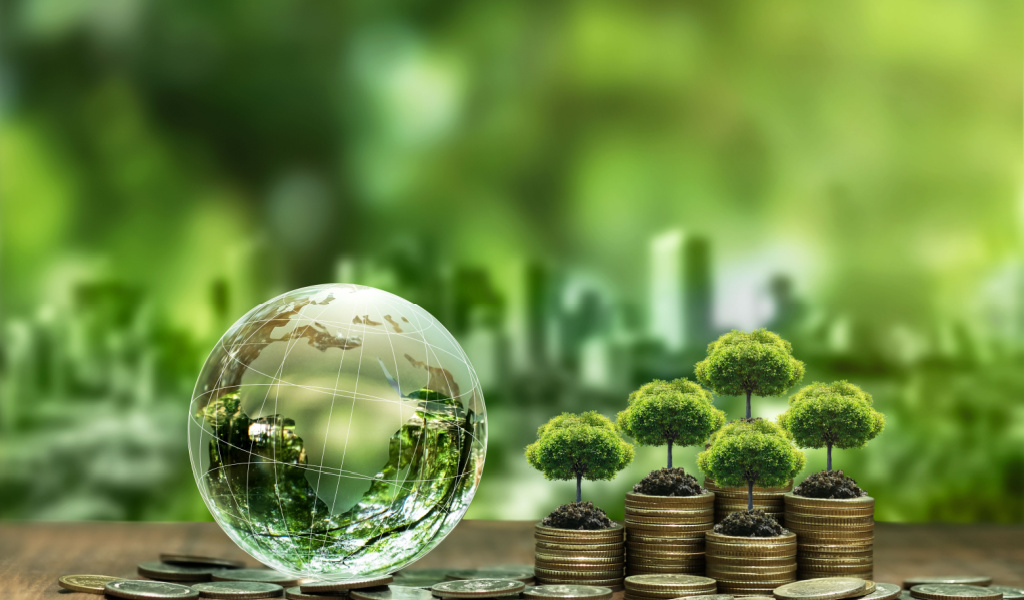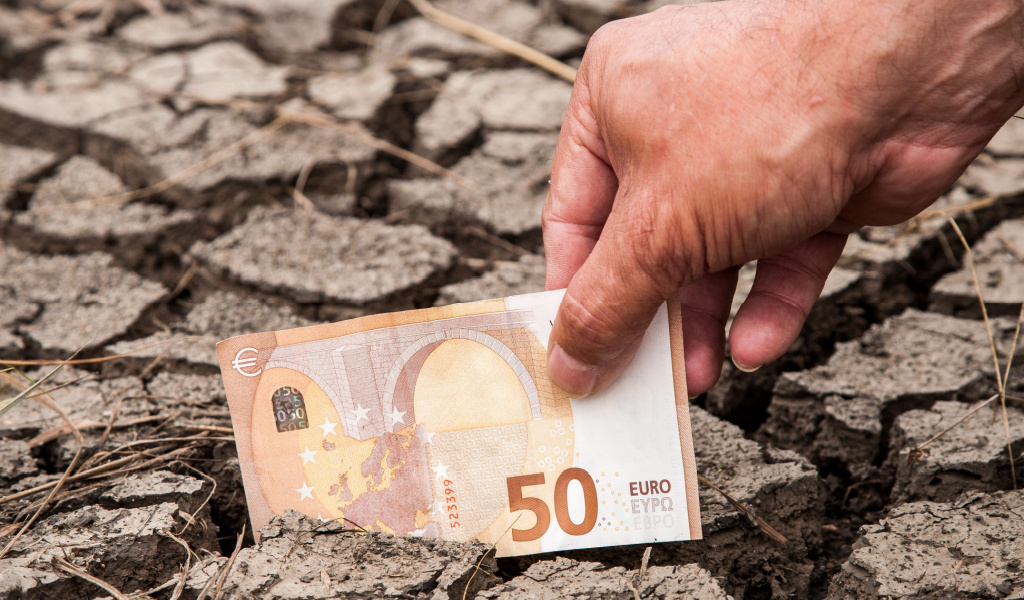People’s economic conditions have always been and still are affected by climate change, even if it often appears that we are resistant to the worst repercussions of global warming. Insurance, investments, and household expenses are all affected by climate change, so it is time to buckle down and make some serious financial changes!
Here are some ways a warming world might affect your cash flow, covering everything from taxes to insurance.

More Home May Be Lost
While the sea is already destroying certain coastal houses due to coastal erosion, this damage will continue to pick up in the coming years, undoubtedly impacting the real estate and home insurance markets.
The financial impact on consumers might remain significant even if natural disasters like flooding and rising water levels don’t reach or damage properties.
Increased Prices for Food & Energy
Severe weather conditions are common, affecting household energy use and crop productivity. As a result, your energy and grocery expenses might rise.
A 2021 study by the European Central Bank analyzed temperature data and price indicators in 48 countries, including the United States. The study found that “higher temperatures over recent decades have played an increasingly non-negligible role in driving price developments.” It further reports that “the negative impact of hot summers on food production, leading to supply shortages, could be the explanation for food price inflation.”
In a world with more severe droughts, sudden freezes, and severe storms, food prices are likely to be affected indirectly.
According to a report by the National Academy of Sciences, a 5–15% decrease in total crop production per degree Celsius is predicted as global heat rises.
According to an HSBC Global Research paper analysis, summer heatwaves and droughts in Europe have affected crop production and quality. As a result, milling wheat prices have increased to four-year highs.
The study states that although food prices will not be significantly affected in the short term, they will be in the long run. It adds: “As climate impacts accumulate and weather patterns become less predictable, we expect continued agro-commodity price rises and/or volatility.”
Growing Rates for Insurance & Further Policies
There is a higher chance of damage to your home or vehicle if there are more storms. It might also be challenging to find enough property and other insurance at an affordable cost.
Amy Bach, the executive director of United Policyholders, a nonprofit organization that represents insurance customers, said that consumers would probably pay more in general because insurers in climate-vulnerable regions have less competition, especially for higher deductibles.
Some insurance firms offer home insurance policies with additional hurricane deductibles in hurricane-prone states. Moreover, Bach stated that insurers frequently change the language in their guidelines to lower payouts.
According to Jeff Brewer, department vice president of public affairs for the American Property Casualty Insurance Association, although climate change contributes to higher insurance costs, insurers can price risks. However, he acknowledged that expanding market uncertainty in several states results from claims fraud, regulatory manipulation, and misuse of the legal system.
Many tenants’ and homeowners’ insurance agreements do not cover damage caused by natural disasters like floods or earthquakes. Still, it is important to get extra coverage if you live in a risky place.
Investments Can Drop
Consumers who do not actively invest might feel that a drop in investment returns will not affect them. But investments are essential to the economy, influencing everything from real estate prices to pensions.
Business owner Janaya Wilkins, who started the environmentally cautious business SLO active, fears that investors base their opinions on past information rather than on the growing body of scientific research. According to her, demand will be high, as the world’s population is estimated to approach 10 billion people by 2050. When the supply decreases, demand usually stays unchanged or possibly grows. As an outcome, prices increase, and as that happens, fewer people will be able to purchase goods, and companies will lose a lot of money.
Climate-related risks, therefore, significantly influence return on investment, and implementing them into financial decisions is vital for future stability in the economy and finances.
Shift in Shopping Habits
The pressure of society to change our spending and purchasing patterns in the wake of awareness of global warming and plastic pollution might have a significant impact on how much we spend. There could be further alterations to how we get rid of waste, potentially implemented by the government.
The most basic way our home expenses will be influenced is how we manage the resources and the stuff we do not need anymore, says ReCircle Recycling co-founder Aldous Hicks. We all need to understand that when something is consumed, those who have benefited from it, like retailers, manufacturers, transporters, and customers like us, will bear the cost of ensuring it is reused or recycled.

Solutions That Can Be Taken to Mitigate Costs Related to Climate Change
Choose Wisely
Consider your options for house insurance and compare rates from various policy providers. According to Bach, getting guidance from a private consultant or dealer can be valuable, but expensive. One option she recommended is the website TrustedChoice.com, especially if you are strapped for cash.
Build Up Your Emergency Savings
The majority expert opinion is to fund a savings account covering three to six months’ worth of living. Because lost salaries are not often as predictable as uncertain expenditure due to calamities, CFP Xu suggests calculating closer to six months would be the best. If you do not have an emergency fund, or as they are often aptly called, a “rainy day” fund, start building one as soon as possible!
Make Smart Banking Choices
Consider banking and investments that help solve environmental problems. Only a few banks and credit unions can show that their customers’ deposits are not financing fossil fuel companies with third-party approvals. When making investments, analyze robo-advisors or mutual funds to help make the right choice when deciding where to put your hard-earned money.
Stay Prepared
Preparing for the worst-case scenario can minimize the financial devastation of a climate-related incident. Try to reduce the risk of harm before the next significant weather incident happens by making your land stormproof during construction. Keep your gutters open and sandbags ready in case of emergency flooding. In the event of a wildfire, make sure the roof materials and vents can resist fire. There are many more ways to climate-proof your home, based on where you live. A little research can go a long way!



